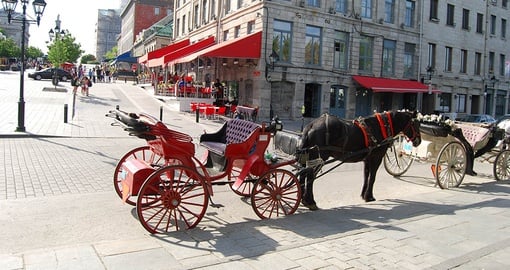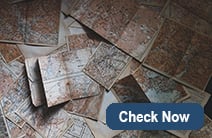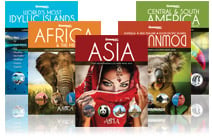Canada History
Canada’s history dates back thousands of years to the arrival of Indigenous tribes after the last Ice Age. These native people lived off the land, creating strong bonds to the earth and its wildlife. Each indigenous tribe had its own way of life that made use of the land around them; for example, some tribes were nomadic and moved while hunting bison, whereas others set up base along the coast and sustained themselves through fishing.
Before the French and English set foot in North America, the first Europeans to visit Canada were the Vikings in the 10th century, whose ships anchored along the Atlantic coast in modern-day Newfoundland. They set up a colony in the north which is now known as Anse-aux-Meadows, known as the farthest point of European exploration before Christopher Columbus set sail 500 years later.
The indigenous way of life changed at the end of the 15th century, when French and English explorers began to settle along the east coast. Some of Canada’s first European settlements were established in Port-Royal, in modern-day Nova Scotia, and Quebec City, which was a vast fortress. Eastern Canada became known as New France as the French continued to gain control of the land, while the British also began to set up their own colonies along the east coast. The arrival of the Europeans brought war and death to many Indigenous communities, as they fell ill to many European diseases to which they had no acquired immunity.
As the 18th century came around, the British had managed to accumulate more wealth and territory than New France. French and British forces began to battle for control of the land, eventually leading to the defeat of the French at the Plains of Abraham in Quebec City. It is this fateful battle that sealed Canada’s eventual fate as a predominantly English-speaking colony over its Francophone counterparts. During this time, the fur trade was booming, as Indigenous peoples trapped and sold furs to Europeans to fulfill the demand for felt hats, who were in turn paid with European goods.
Canada did not officially become a country until July 1, 1867, which is annually celebrated nowadays as Canada Day. The country’s name itself comes from the Iroquoian word kanata meaning village, which French colonists overheard and assumed to be the name of the land. In modern times, the country consists of ten provinces and three territories all unified under the red and white flag featuring a maple leaf, symbolic of Canadian identity.
Get a Trip Quote Order a Brochure

















